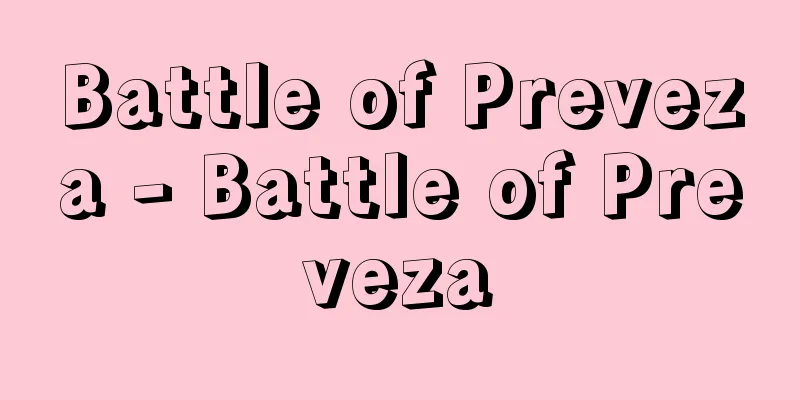The Great Gatsby

|
...In response to public expectations and demands, he wrote a number of witty short stories, such as "Flappers and Philosophers" (1920), "Tales of the Jazz Age" (1922), and "All the Sad Young Men" (1926), which were compiled into collections with a new era-like feel, as can be seen from the titles, as well as the full-length novel "The Beautiful and Damned" (1922). However, while he yearned for wealth and freedom and loved urban sophistication and elegance, deep inside him lived an old-fashioned morality that valued honesty and sincerity.In his masterpiece, The Great Gatsby (1925), he introduces a young country boy named Jay Gatsby, who has a "high sensitivity to grasp the hope of life," in the customs of post-war New York, where "God has already died," and depicts with heartfelt admiration and a touch of irony the trajectory of Gatsby's "romantic feelings" as he survives in the modern-day "wilderness." Tormented by overwork, alcohol, and his wife's mental illness, he was rapidly forgotten by American society, which had undergone a dramatic transformation in the 1930s, and eventually moved to Hollywood to become a screenwriter. However, in works he wrote under such adverse circumstances, such as Tender Is the Night (1934) and his unfinished final work, The Last Tycoon (1941), he sings elegies for the old virtues that were dying out in the face of the rising powers of the new. *Some of the terminology referenced in "The Great Gatsby" is listed below. Source | Heibonsha World Encyclopedia 2nd Edition | Information |
|
…彼のほうでもまた世間の期待と要望にこたえて《フラッパーと哲学者》(1920),《ジャズ・エージの物語》(1922),《すべて悲しき若者たち》(1926)と,題名からして新時代風な作品集にまとめられる気のきいた短編の数々や,長編《美しくも呪われた人たち》(1922)などを書きとばしてゆく。しかし富と自由にあこがれ都会風の洗練と優美を愛した彼の内面には,誠実・真摯(しんし)を貴ぶ古風なモラルが生きていて,代表作《偉大なるギャツビーThe Great Gatsby》(1925)では,すでに〈神が死んだ〉戦後のニューヨークの風俗の中に〈人生の希望をとらえる高感度の感受性〉をもったジェー・ギャツビーなる田舎青年を登場させ,現代の〈荒地〉の中を生き抜いてゆくその〈浪漫的心情〉の軌跡を,一抹の皮肉をたたえた心からの嘆賞をこめて描き上げている。過労と酒と妻の精神異常に苦しめられた彼は,1930年代に入って情勢の一変したアメリカ社会から急速に忘れられてゆき,はてはハリウッドに移って映画のシナリオ作家になるが,そうした逆境の中で書いた《夜はやさし》(1934)や未完の遺作《最後の大君》(1941)には,台頭する新興勢力の前についえ去ってゆく古い美徳への挽歌が鳴っている。… ※「《偉大なるギャツビー》」について言及している用語解説の一部を掲載しています。 出典|株式会社平凡社世界大百科事典 第2版について | 情報 |
Recommend
Inugami Mochi - Inugami Mochi
...A type of tsukumono found mainly in Shikoku, e...
Ludwig van Beethovens Leben
…He served as a member of the American embassy in...
Oil
...It means food deep-fried in oil, but nowadays ...
Abhirati
…A transliteration of the Sanskrit Akṣobhya (mean...
Ephyridae
...life cycle is complex, with some species repro...
Ground beetle - Garbage beetle
This insect belongs to the family Carabidae of th...
Lost Horizon (film)
…He also demonstrated his talent as a storyteller...
Bolyai János
Born: December 15, 1802, Kolozhbar [Died] January ...
Steward - Flatfish
〘Noun〙① Under the Ritsuryo system, an official was...
Malinche
A native woman who is said to have helped bring ab...
Garimomero tribe - Garimomero tribe
…(1) is often used in reference to the moon, is w...
Naishi no Tsukasa
One of the twelve offices of the Imperial harem un...
King Xuan (English: King Xuan)
? - 301 BCE King of the Warring States period of Q...
Memorial service for Zen Master Eisai
...In the Honganji and Takada sects, a memorial s...
Karoon (river) (English spelling) Rūd‐e Kārūn
A river in southwestern Iran. It originates from M...









